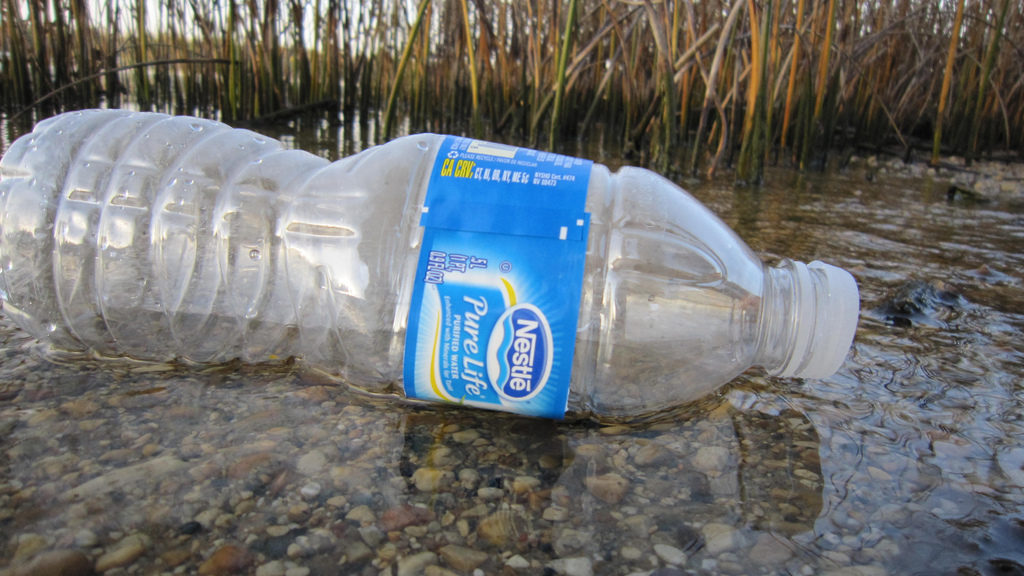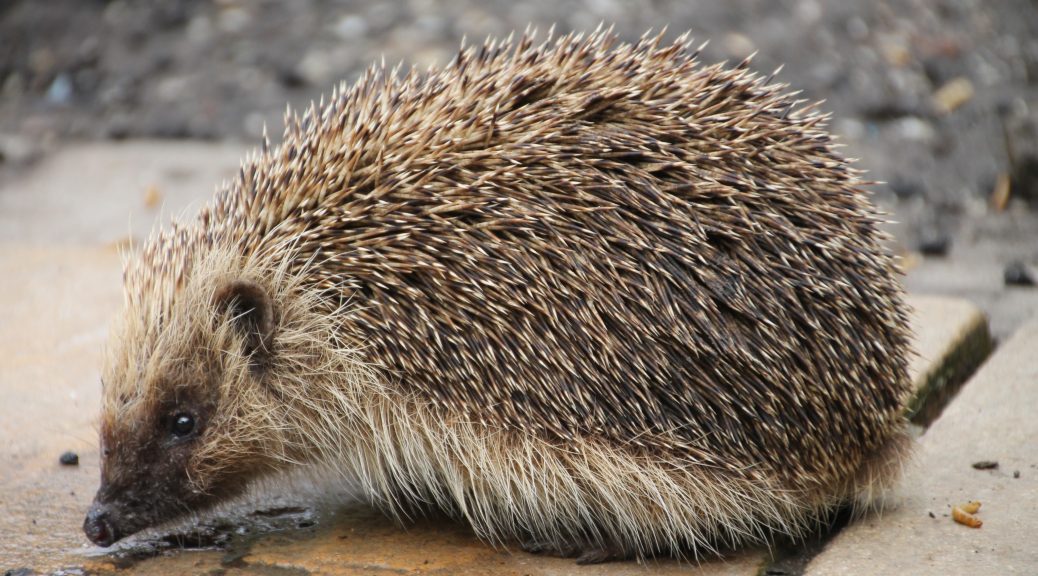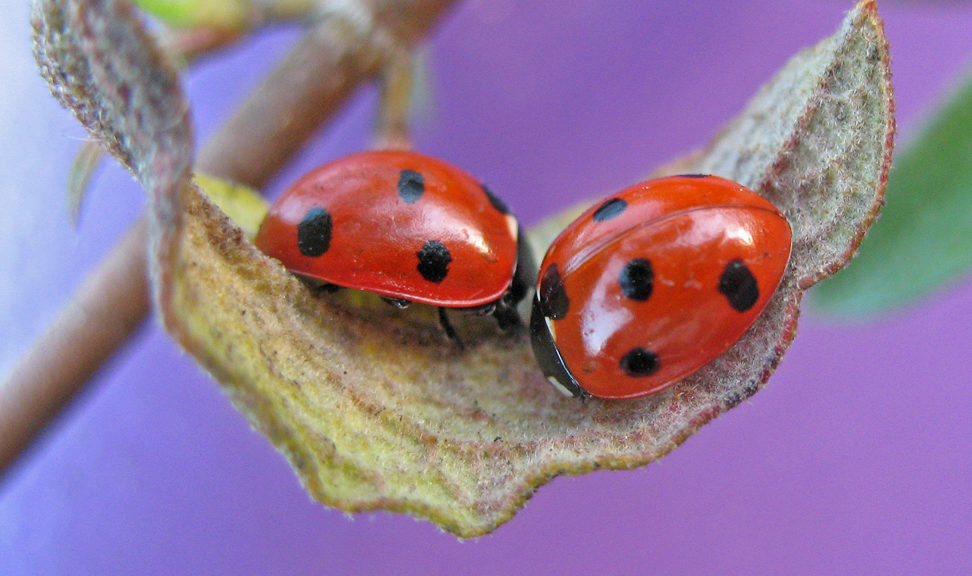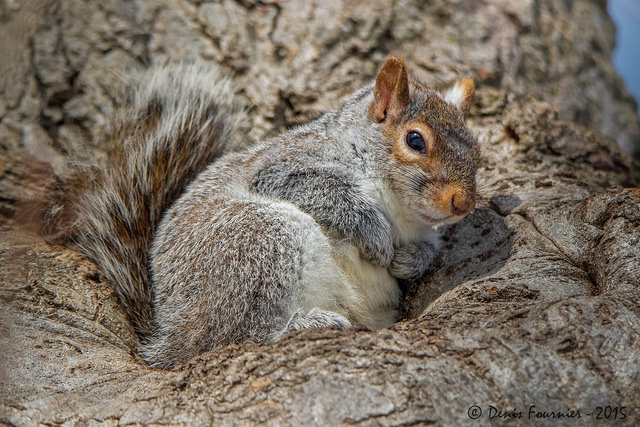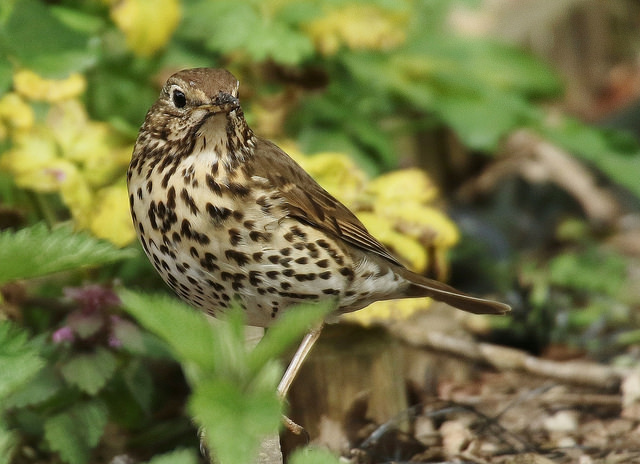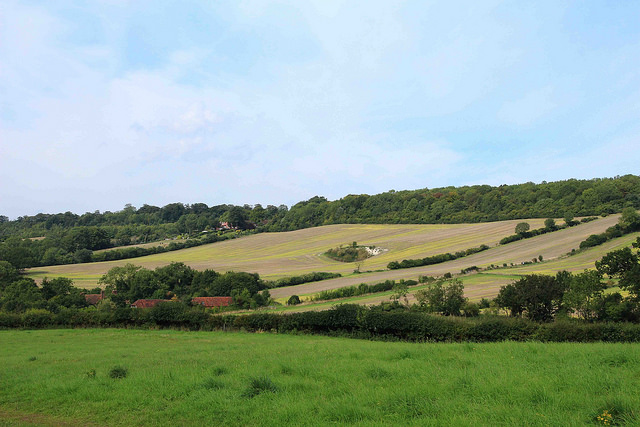iNews reports that a former special forces soldier dubbed the ‘Pablo Escobar of egg theft’ hit the headlines recently after being sentenced to three years in jail for stealing £100,000 of rare bird of prey eggs.
Jeffrey Lendrum was convicted for the third time in a long and global career of egg smuggling after being stopped on his way into Heathrow from South Africa with 17 hawk, eagle and vulture eggs strapped to his chest – as well as two newly-hatched chicks.
Read more at: https://inews.co.uk/news/environment/why-the-uk-is-a-target-for-bird-of-prey-egg-thieves/
Photo Credit: Woking Peregrine Project / Woking Borough Council


